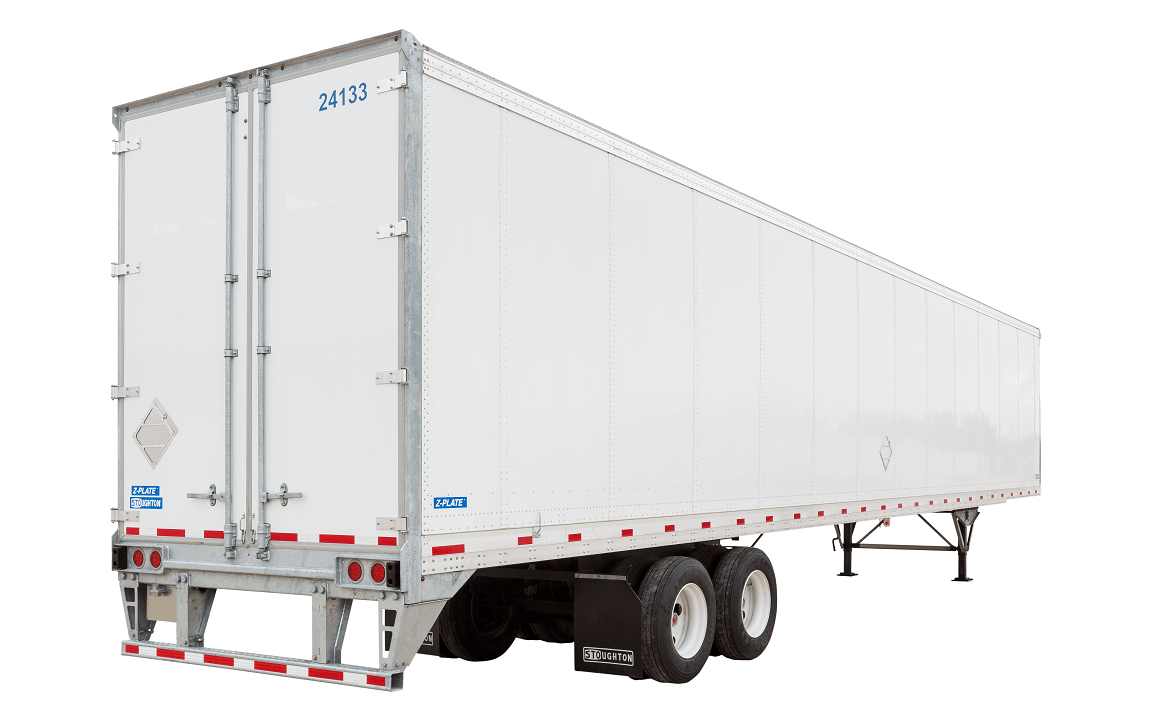When it comes to purchasing a trailer, whether for personal use or business needs, making the right choice is paramount. Trailers serve various purposes, from hauling equipment to accommodating mobile living spaces. With a wide array of options available in the market, the task of choosing the perfect trailer can be daunting. This article aims to guide you through the important factors to consider when engaging in trailer sales.
Identifying Your Needs
The first step in finding the right trailer is understanding your specific needs. Are you looking for a utility trailer to transport goods? Or perhaps an enclosed trailer to protect your valuable cargo from the elements? Are you considering a travel trailer for recreational adventures? Clearly outlining your intended use will help narrow down your options.
Trailer Size and Capacity
Size matters when it comes to trailers. The dimensions and weight capacity of the trailer are crucial considerations. The trailer should comfortably accommodate your cargo or equipment without exceeding weight limitations. Oversized trailers can lead to inefficiencies and safety hazards, while undersized ones might not serve your needs adequately.
Open vs. Enclosed Trailers
The choice between an open and enclosed trailer depends on the nature of your cargo and the level of protection required. Open trailers are great for hauling large items, but they expose the cargo to weather conditions. Enclosed trailers offer security and weather resistance, making them suitable for valuable or sensitive goods.
Towing Vehicle Compatibility
Before making a final decision on purchasing a trailer, it’s crucial to ensure that your towing vehicle can manage the load. Check the vehicle’s towing capacity and ensure it aligns with the trailer’s weight and size. Overloading a towing vehicle can lead to mechanical strain and safety risks.
Quality and Durability
Investing in a quality trailer pays off in the long run. Look for trailers made from durable materials like steel or aluminum. High-quality trailers are built to withstand various road conditions, ensuring they last for years without significant wear and tear.
Trailer Features and Accessories
Take into account the features and accessories included with the trailer. Does it have the necessary tie-down points? Are there ramps or gates for easy loading and unloading? Some trailers also offer additional features like built-in toolboxes or adjustable components. Assess which features align with your intended use.
Budget Considerations
Setting a budget is a vital step in any purchasing decision. Trailers come in a wide range of price points, so balancing your requirements and financial capacity is important. While it’s tempting to opt for the most feature-rich model, ensure that your chosen trailer provides the necessary functionality without straining your budget.
Warranty and After-Sales Support
A reputable dealer will offer warranty coverage and after-sales support. Consider the length and coverage of the warranty and the availability of service centers. A solid warranty ensures that you’re protected in case of manufacturing defects or issues that arise after purchase.
Conclusion
Choosing the right trailer is a significant decision that requires careful consideration of various factors. By identifying your specific needs, assessing trailer size and capacity, considering open vs. enclosed options, ensuring compatibility with your towing vehicle, prioritizing quality and durability, evaluating features and accessories, setting a budget, and checking warranty and after-sales support, you can confidently navigate the world of trailer sales. Remember, the perfect trailer aligns seamlessly with your requirements, ensuring efficiency, safety, and long-term satisfaction.





